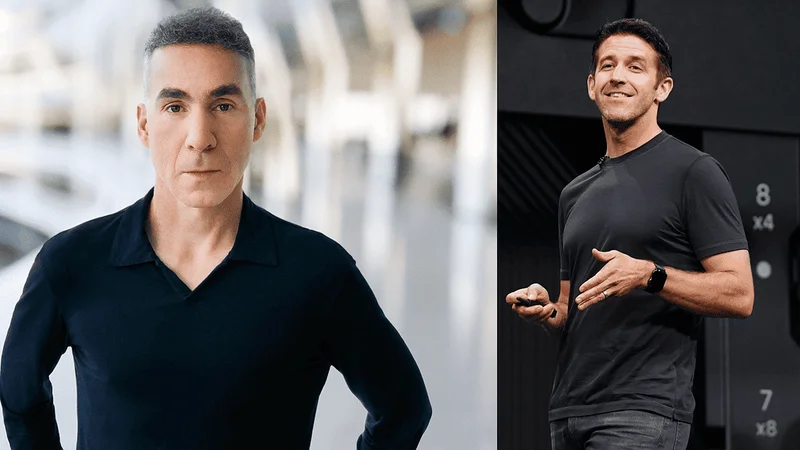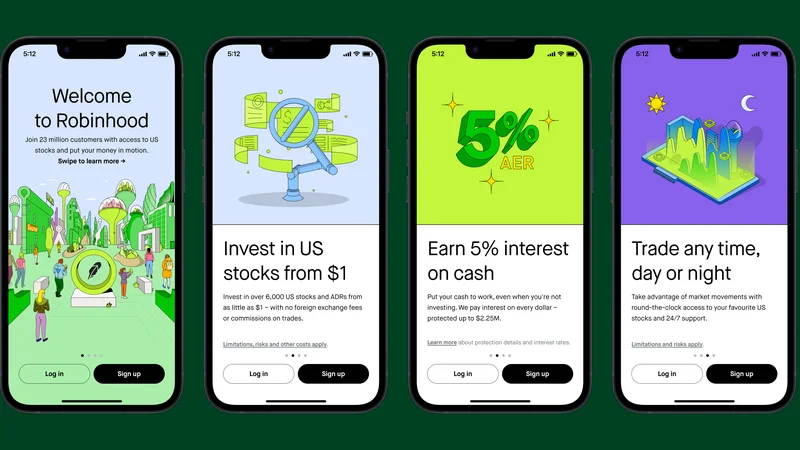John Ternus and Apple's Next Era: Who He Is & Why His Vision Matters More Than Ever
For over a decade, we’ve watched Tim Cook masterfully conduct the most successful orchestra in corporate history. He took the revolutionary instruments Steve Jobs left behind and scaled their performance to a level of operational perfection the world had never seen, turning Apple into a multi-trillion-dollar titan. It has been a staggering achievement in execution, a masterclass in supply chain logistics and brand management.
But the music is changing. The next great symphony of technology isn’t about refining the iPhone’s melody; it’s about composing an entirely new score, one built on the complex harmonies of artificial intelligence and spatial computing. And for that, you don’t just need a conductor. You need a composer.
That’s why the whispers coming out of Cupertino about John Ternus being the heir apparent to the Apple throne feel so profoundly right. This isn't just another corporate succession plan; it feels like a deliberate, necessary pivot back to the company’s very soul. When I first read reports like Apple’s Succession Plan: John Ternus in Line to Succeed Tim Cook, I honestly just sat back in my chair and smiled. This is the kind of breakthrough in leadership thinking that reminds me why I got into this field in the first place.
The Engineer at the Helm
So, who is John Ternus? If you’ve watched an Apple keynote recently, you’ve seen him. He’s the calm, confident presence who steps on stage to talk about the guts of a new Mac or the engineering behind an iPad. He’s not a showman in the Jobsian sense, nor an operational guru like Cook. He’s a product person, through and through. An engineer who joined Apple in 2001 and has had his hands on almost every iconic piece of hardware we’ve used for two decades.
Lately, Apple has been putting him in the spotlight more and more. Picture him on stage in London for the iPhone 17 launch, not just rattling off specs, but explaining the why behind the design choices. There's a quiet authority there, a fluency in the language of silicon and glass that has been missing from the very top of the org chart for years. This is a man who led the transition to Apple’s custom silicon—in simpler terms, he was the guy who helped Apple design its own super-powered brains for its computers, a move that left the rest of the industry scrambling to catch up.

The fact that Ternus is being groomed for the top job signals a monumental shift in priorities. It suggests Apple understands that its next decade of growth won’t come from optimizing supply chains, but from pioneering genuinely new product categories. And to do that, you need a leader who understands, intimately, how hardware and software must dance together. What does it say about Apple's future that they're turning back to an engineer, not another operations wizard?
A New Composition, Not Just a Louder Performance
Let’s use an analogy. If Tim Cook’s role was to be the world-class conductor, ensuring every section of the orchestra played flawlessly and in perfect time to generate trillions in value, Ternus’s role is that of the composer. The challenges ahead—creating an AI that feels intuitive and human, building a mixed-reality device people actually want to use—require writing entirely new music, not just playing the old hits louder. These are deep, foundational engineering problems.
Some reports note that Ternus isn’t known for “bold, risky moves.” I think that misses the point entirely. In an era of tech defined by flashy AI demos that often crumble under scrutiny, a steady, product-obsessed hand is exactly what’s needed. True innovation here isn’t about a PR splash; it’s about the painstaking work of integrating software and hardware at a level no one else can match, and that kind of work is a marathon of a thousand tiny, brilliant engineering decisions—it’s the relentless pursuit of product perfection that has always been Apple’s secret weapon.
This is why I get so excited. We’re talking about a future where the seamless fusion of custom hardware and intelligent software creates experiences we can barely imagine today, a world where our devices don’t just respond to our commands but anticipate our needs. Can a leader known for quiet refinement truly ignite the kind of disruptive innovation Apple was once famous for? Or is that quiet, deep-seated engineering focus precisely the kind of disruption we need now?
Of course, with this immense power comes immense responsibility. As we build these more intelligent and integrated systems, the ethical guardrails—the commitment to privacy and user-centric design that Apple champions—become more critical than ever. We have to ensure this new symphony is one that elevates humanity, not just the bottom line. It’s a challenge I believe a product-focused leader is uniquely equipped to handle, because they are inherently focused on the human experience of the technology they create.
The Blueprint for Tomorrow
Make no mistake: choosing John Ternus would be the most significant strategic decision Apple has made since Cook took the stage in 2011. It’s a declaration that the future will be won not on spreadsheets, but in the engineering labs. It’s a return to the foundational belief that the best products come from a deep, almost obsessive, understanding of how they are built. This is Apple betting its future on the composer, not just the conductor. And I, for one, cannot wait to hear the music he creates.
-

Warren Buffett's OXY Stock Play: The Latest Drama, Buffett's Angle, and Why You Shouldn't Believe the Hype
Solet'sgetthisstraight.Occide...
-

The Great Up-Leveling: What's Happening Now and How We Step Up
Haveyoueverfeltlikeyou'redri...
-

The Future of Auto Parts: How to Find Any Part Instantly and What Comes Next
Walkintoany`autoparts`store—a...
-

Applied Digital (APLD) Stock: Analyzing the Surge, Analyst Targets, and Its Real Valuation
AppliedDigital'sParabolicRise:...
-

Analyzing Robinhood: What the New Gold Card Means for its 2025 Stock Price
Robinhood's$123BillionBet:IsT...
- Search
- Recently Published
-
- DeFi Token Performance & Investor Trends Post-October Crash: what they won't tell you about investors and the bleak 2025 ahead
- Render: What it *really* is, the tech-bro hype, and that token's dubious 'value'
- APLD Stock: What's *Actually* Fueling This "Big Move"?
- Avici: The Real Meaning, Those Songs, and the 'Hell' We Ignore
- Uber Ride Demand: Cost Analysis vs. Thanksgiving Deals
- Stock Market Rollercoaster: AI Fears vs. Rate Hike Panic
- Bitcoin: The Price, The Spin, & My Take
- Asia: Its Regions, Countries, & Why Your Mental Map is Wrong
- Retirement Age: A Paradigm Shift for Your Future
- Starknet: What it is, its tokenomics, and current valuation
- Tag list
-
- Blockchain (11)
- Decentralization (5)
- Smart Contracts (4)
- Cryptocurrency (26)
- DeFi (5)
- Bitcoin (31)
- Trump (5)
- Ethereum (8)
- Pudgy Penguins (6)
- NFT (5)
- Solana (5)
- cryptocurrency (6)
- bitcoin (7)
- Plasma (5)
- Zcash (12)
- Aster (10)
- nbis stock (5)
- iren stock (5)
- crypto (7)
- ZKsync (5)
- irs stimulus checks 2025 (6)
- pi (6)
- hims stock (4)
- kimberly clark (5)
- uae (5)
